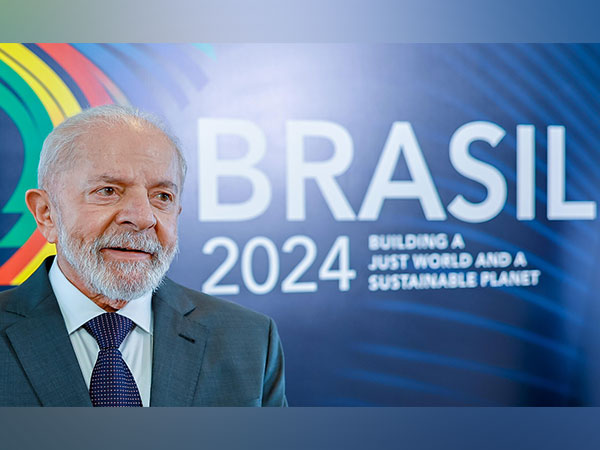Global Alliance Against Hunger and Poverty Launched at Brazil-Led G20 Summit
The 2024 G20 Summit, led by Brazil, saw the creation of the Global Alliance against Hunger and Poverty. Brazilian President Luiz Inácio Lula da Silva emphasized political accountability in battling global hunger. The alliance aims to implement cash transfer programs and expand school meals to combat poverty and promote global prosperity.

- Country:
- Brazil
Under Brazil's leadership, the 2024 G20 Summit marked a pivotal moment with the launch of the Global Alliance against Hunger and Poverty. President Luiz Inácio Lula da Silva called on global leaders to address hunger, attributing it to political decisions rather than natural causes. He highlighted the responsibility of G20 nations, which represent a significant portion of global GDP and trade.
In a compelling address, President Lula underscored the scale of global undernourishment, with 733 million people projected to lack sufficient food in 2024. This stark figure, he pointed out, equals the combined populations of several major countries. Despite the world's food production capacity, he criticized the disproportionate allocation of resources, citing excessive military spending.
The newly formed alliance comprises 148 founding members, including countries, unions, organizations, and NGOs. Its mission includes reaching 500 million individuals with financial aid by 2030 and enhancing school meal programs for 150 million children in poverty-stricken regions. The Brazilian initiative was praised by PM Modi, who emphasized the need to prioritize the concerns of the Global South amidst ongoing crises.
(With inputs from agencies.)
ALSO READ
The Role of Inclusive Business in Reducing Poverty and Fostering Sustainability in Asia
Addressing Poverty and Inequality in El Salvador: Strategies for Sustainable Growth
Govt Targets Reduction of Persistent Child Poverty by 2035
Govt should give figures on per capita income of those below poverty line: Akhilesh Yadav in Lok Sabha.
Climate Risks and Poverty in Latin America: Addressing Vulnerabilities and Inequalities










